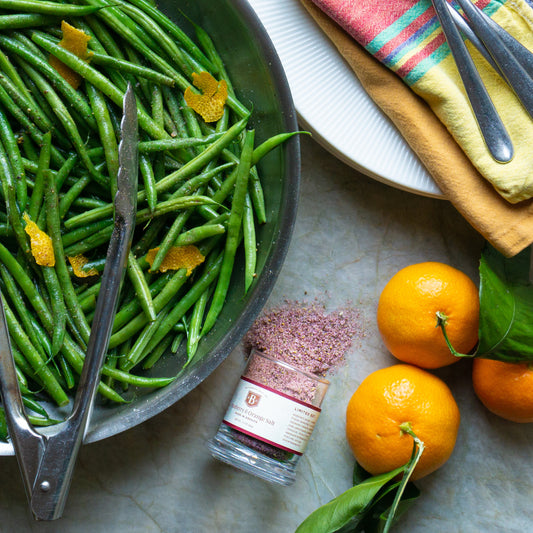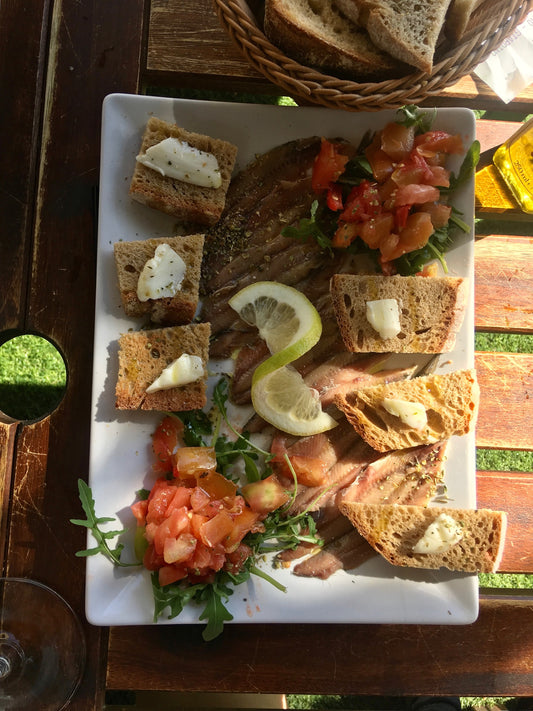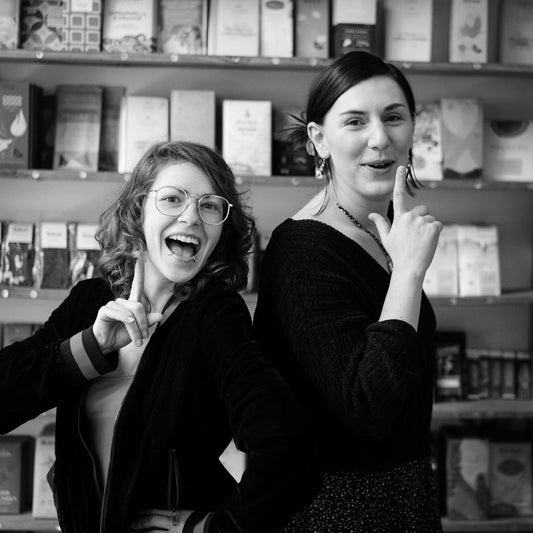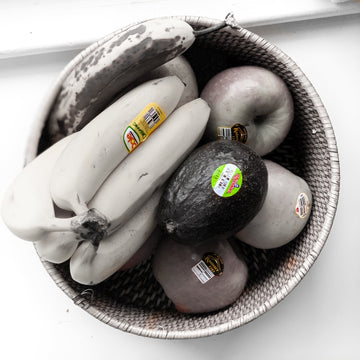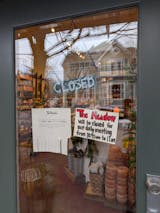Peeling a plastic barcode sticker off an apple. Throwing a sleeve of plastic from some cheese into the garbage. Same ol' same ol'. Then come the usual pangs of regret, or is it shame, or is it remorse, or is it irritation...
It was just a few years ago that human beings bought cheese wrapped in butcher paper, fruit from a farm stand, etc. A pound of cheese wrapped in butcher paper? Think about it. That's a feeling. Like a good handshake. Something you can trust.
It's tempting to dismiss such rustic practices as the bygone folksiness of a bygone era. The old coot on the porch, whittling a napkin ring or whatever it is that coots whittle, might wink at you and say, "That was a simpler time, sonny boy." But we have to ask the old coot, what does that even mean? A simpler time, as in there were fewer little plastic stickers on things? A simper time, as in we hadn't yet conceived of the efficiencies gained by affixing barcodes to every living and non-living thing?
Every day we seem to invent new ways to get plastic into our environment and into our bodies (yes, plenty of those stickers get eaten) at every turn. And it's a not-inconsiderable amount of plastic, at that. A single supermarket in Sweden reportedly claimed that skipping the plastic stickers on avocados alone saved them “135 miles of plastic about a foot wide.” Yeesh.
But plastic UPC codes stuck to a piece of beautiful fruit represent more than the plastic and robots they bring into the world. There is another toll as well:
Connection.
The sneaky, insidious problem with UPC codes on fruit is that they aid and abet the conversion of skilled, proud labor into unskilled, dehumanized labor. It is now possible to magically exchange shops staffed by passionate, committed, experts for shops staffed with untrained, unskilled, surly labor.
At the same time, the barcode stickers turn something as sweet and friendly as a piece of fruit into an object. Something ready for robots to scan. Something idealized and then industrialized. Something fragmented, isolated from the natural food system, devoid of the context that gives it meaning.
We feel pangs of something or another (I know for a fact that you feel something, even if you can't put your finger on the feeling precisely), yet we don't complain. Maybe it's because we figure we're saving money. Money for nothing.
And yet all of this packaging on fruit does cost us something. It distances us from the nature and people that create and sell us our food. I'd argue that second only to calories, connection is the greatest value food has on offer. We feel connection when we eat. It comes in various forms: connected to nature, to our food ways, to our farmers, to our merchants — and by extension, to our community.
Try as I might to find another culprit, supermarkets are to blame. (Yes, they shape our lives with vast isles of food that maybe we shouldn't eat, but we do eat because we like to eat it! That's on us.) And yes, they also sell incredibly high quality food at incredibly good value. But the stickers... Yin and Yang. Mordor and The Shire. David Carradine and Uma Thurman.
I’m really truly impressed with what so many supermarkets have done to bring quality, organic, and local to the masses. It’s a wonderful celebration of how our considered values as consumers can change the world. Bringing back "connection" is the next move.
Here's what you can do to take a stand: Every time you buy produce from the supermarket, remove the sticker and stick it somewhere decorative in the store. Let them throw it away (they ain't recyclable). Approach the register with your denuded fruit. Watch what happens. Watch the supermarket's management come alive. What the robot circuits fry. Sit back and watch connection happen.
--Mark Bitterman



